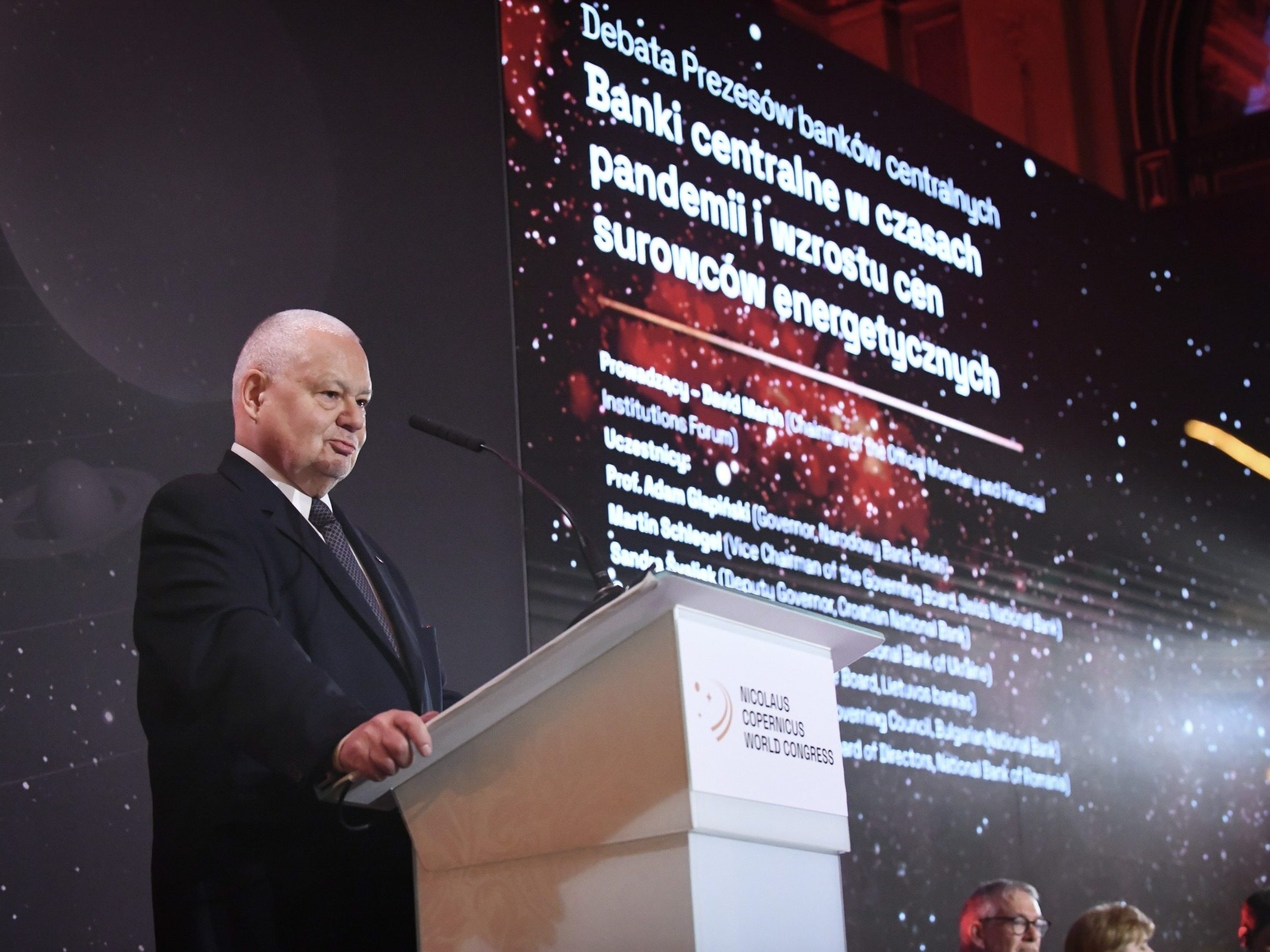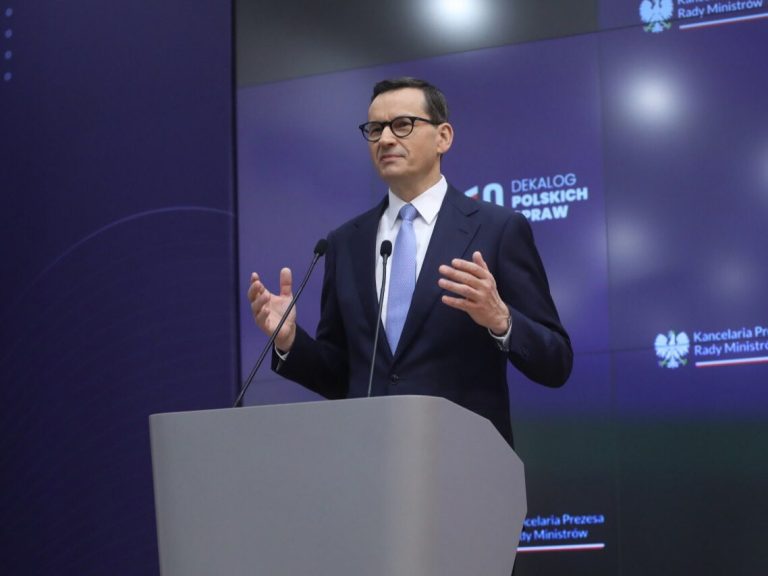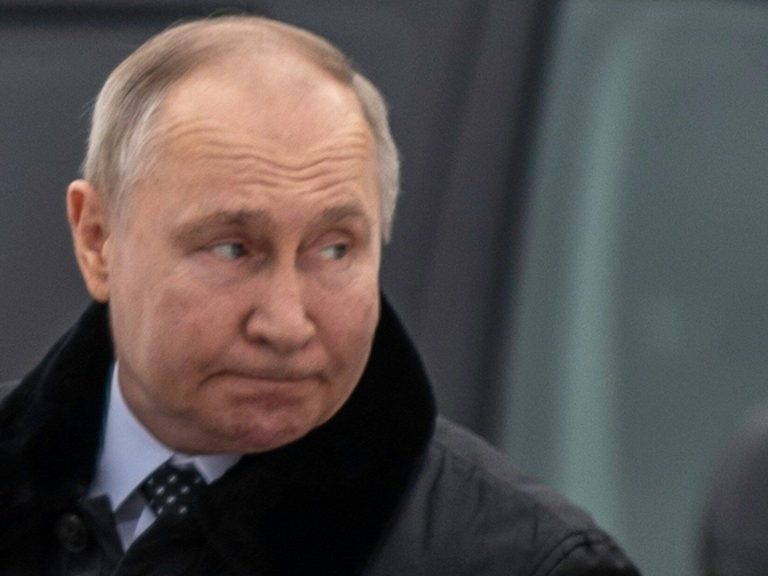The MPC’s decision increases the cost of importing goods. Political action or necessary risk?

Reducing interest rates by 75 basis points. it will reduce loan installments, but at the same time it will increase the prices of imported goods, including: fuels. This raises questions about whether the Monetary Policy Council acted politically when deciding on this move.
The markets immediately reacted to last week’s decision of the Monetary Policy Council to reduce interest rates. The zloty, which had been strengthening over the last 4 months, lost ground against the most important currencies soon after the decision was announced and maintained its loss. On Tuesday (September 12) in the morning, the euro was valued at PLN 4.64 and the dollar at PLN 4.32.
The Monetary Policy Council lowered interest rates. Calculated risk?
Therefore, we have lower interest rates, which will translate into cheaper loans, which will benefit borrowers. At the same time, we will all lose because imported goods will become more expensive – starting with fuel. A weak zloty means higher costs for companies, which will certainly be passed on to customers.
It is puzzling that, knowing that the decision to reduce rates by as much as 75 basis points would weaken the zloty, the Council decided to do so anyway. Citi Handlowy analysts suspect that the Council decided on this move, which would hit the economy, to help the government before the October elections.
“Recent changes in monetary policy increase the risk of PLN weakness, which the market quickly began to price in. In practice, countries with significantly higher inflation than their main trading partners may experience nominal depreciation (of currencies – ed.),” we read in the commentary.
In this context, their attention is drawn to the fact that next year’s budget includes a significant profit payment from the National Bank of Poland: as much as PLN 6 billion.
Generally, the bigger the rate cut and the weaker the currency, the better the central bank’s annual performance. “Taking this into account, some investors may be afraid of further easing of monetary policy and further weakening of the zloty, at least at the end of the year,” the analysts continue.
If this was really the MPC’s goal, the narrative about the Council’s independence from the government and staying away from politics can be ended.
Another interest rate cut in October?
MPC member Ludwik Kotecki, in an interview for Biznes24 television, was asked about the Council’s next decisions regarding interest rates. – I can honestly say that I don’t know (what the Monetary Policy Council will do in October – ed.). It’s not like we have written down steps. As it is written in the announcement, subsequent decisions will be based on current data, Kotecki said.
Later in the statement, the MPC member emphasized that he assumed that there might be a “pause” this time. – I assume that after such a rather radical reduction in interest rates in September, which does not fit into conventional monetary policy, we will have a pause in October, but we will see what life brings at the beginning of October, said Kotecki.
The Biznes24 guest pointed out that inflation (also core) is above 10%, and the fiscal policy declared by the government for next year is expansionary, and therefore also pro-inflation. Indexation of social transfers and an increase in the minimum wage are also planned. According to Kotecki, there is a lot of uncertainty about the transfer of previous cost shocks to prices. Therefore – in the opinion of the MPC member – conditions sufficient to ease monetary policy were “far from being met” in September.
– I do not see such a cataclysm that would justify such a radical move – said the MPC member.






